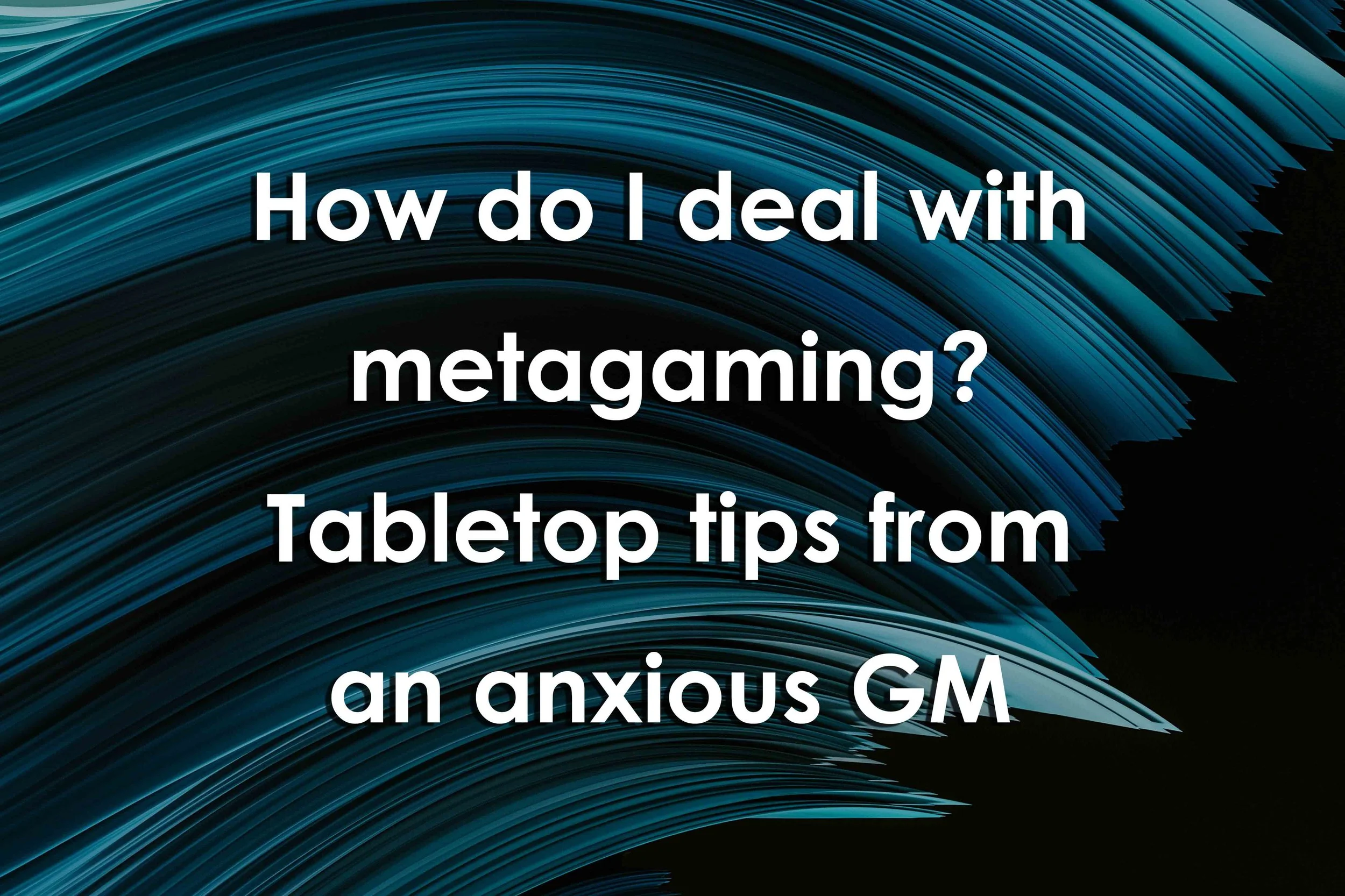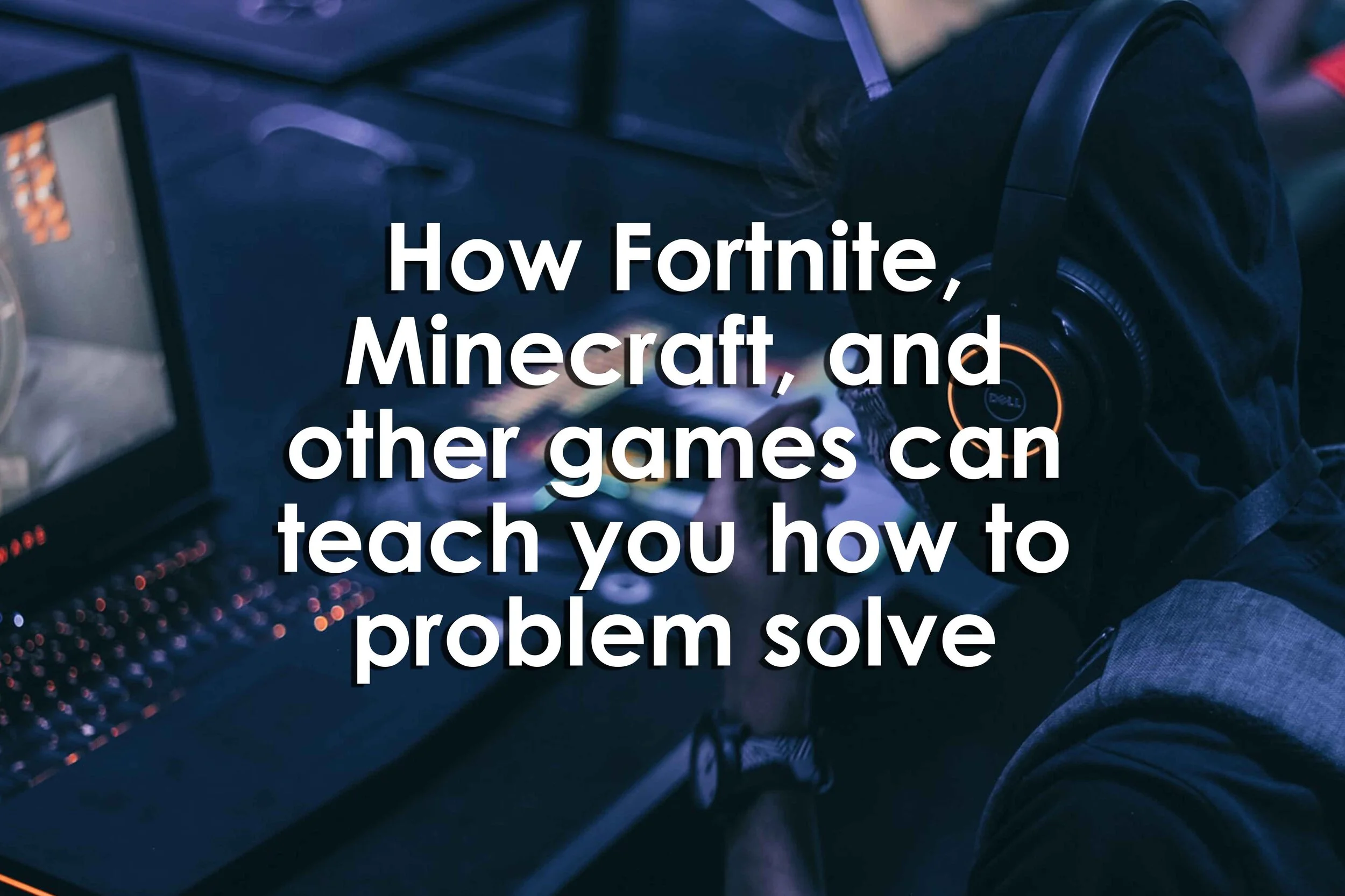This summary captures the essence of Bryan Alexander's exploration into a gaming seminar exercise, highlighting its objectives, implementation, and reflections for future improvements. In a recent gaming seminar, I introduced a new exercise that aimed to synthesize the semester's learning and foster creative design.
Read MoreFrom gamification strategies to serious games explicitly designed for learning purposes, integrating gaming into education can enhance cognitive skills, foster creativity, and develop problem-solving abilities. One of the most significant benefits of incorporating gaming into education is its ability to enhance cognitive skills such as memory, attention, and problem-solving.
Read MoreA growing body of study has been conducted in the past few years to determine whether using digital platforms, especially games, can help with mental health issues by offering knowledge, support, a sense of community, self-guided assistance, and even formal treatment.
Read MoreThe use of play-based learning in the early childhood and elementary curriculum has gained traction in recent years. High-quality play-based preschool programmes that expose children to learning and problem-solving through self-initiated activities and teacher guidance can have long-term benefits.
Read MoreAcross Australia, tens of thousands of parents are experiencing the same frustrations when trying to regulate their teenage children's screen time, according to Macquarie University psychologist associate professor Dr Wayne Warburton, who specialises in problem gaming.
Read MoreA conference about games isn't the first place you'd expect to find a nursing school employee, but Peery wasn't there to talk about nursing students playing first-person shooter games or the latest zany Mario Brothers adventure.
Read MoreSuccess in skill-based gaming is determined by a player's physical skills, such as reaction or dexterity, or mental skills, like logic and knowledge. Examples of skill-based games include Solitaire Cash and Bubble Cash from Papaya Gaming. There are six significant market changes that will see skill-based gaming grow over the coming years.
Read MoreGaming fans who've worked in special education or learning difficulties services may have regularly considered how some of the ingenious communicative devices could be used for gaming. Beyond technologies, these areas also offer several concepts and approaches that developers could utilize to create unique gaming experiences.
Read MoreThere are all sorts of things you can do to achieve success in your gaming. The most important factor is undoubtedly practice. If you devote time to honing your skills, you'll give yourself a much better chance of coming out on top. But there are other things you can do to improve your chances as well. In this blog post, we'll look at a few of them.
Read MoreAn author writing a novel knows what's going to happen to the characters, but that doesn't change how they write about them - maybe some foreshadowing, but they can't avoid their fate. In this week's column of Tabletop tips from an anxious GM, I'll be answering "How do I deal with metagaming?" in response to my previous tips piece that talked about consent and asking permission to take negative actions.
Read MoreWith the development of new gaming systems and innovations hitting the market, the video gaming business continues to develop. Gamers are honing their techniques to get the best rankings, scores, and overall statuses as the industry grows and offers new experiences.
Read MoreA new research project at Rowan University's Center for Research and Education in Advanced Transportation Engineering Systems aims to teach students real-world geotechnical engineering concepts and attract diverse candidates to the field using interactive video games.
Read MoreOut of all the gaming segments, the mobile gaming segment has grown at a tremendous rate. Another finding of the report suggested that before the lockdown, the gaming minutes was 151 which has now extended to 218 minutes indicating a strong incline towards gaming.
Read MoreWhat if video games served as a vehicle for raising awareness of risks, particularly with regard to Covid-19? This is the project carried out by a team of researchers from Lancaster University in the United Kingdom.
Read MoreA recent announcement by the National Press and Publication Administration in China restricts the playing of video games to a maximum of one hour a day between 8pm and 9pm on weekends and holidays. A previous report comparing video games to "Spiritual opium" for China's youth in their rationale for seeking restrictions on them faced little pushback from parents.
Read MoreWe resist play because we're scared to fail. As adults, we're often scared to play because of the judgements of our peers. Play personality styles can inspire playful learning design Many learning professionals don't really know where to start in creating fun, playful learning.
Read MoreA 2020 study by the Anti-Defamation League, an anti-hate organization, surveyed people who play online multiplayer games and found that 81% of players experienced harassment, but 95% of those surveyed also had positive experiences, like finding friends and mentors and feeling like part of a community.
Read MoreThe gaming community has long referred to the orc- and elf-filled game as "World of Warcrack." Scientifically, do video games-from MMORPGs to shooters to RPGs-affect our brains? And despite the drawbacks, can the brain benefit from video games?
Read MoreThere are so many ideas that you should be looking to make the most of when you are trying to ensure success and fun as a beginner. Try to come up with some of the best ways of enjoying the gaming process as much as possible. One of the best ways of being able to achieve this is to think about beginner tips for gaming that you can utilize right now.
Read MoreBelow are five insights, or we might say, "Foresights" to help you think creatively about what the next generation will need and want from a gaming experience. I will explain five examples of emerging cultural shifts that should make us all question what games and entertainment will look like in 2040: Life extension and human enhancement, digital nomadism, surveillance capitalism, biophilia, and brain hacking.
Read More




















